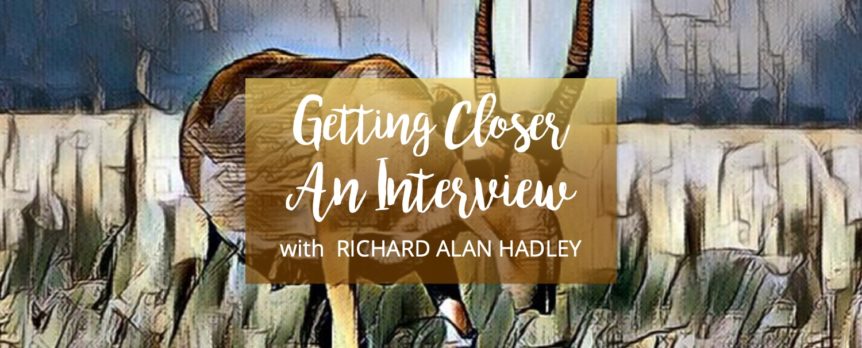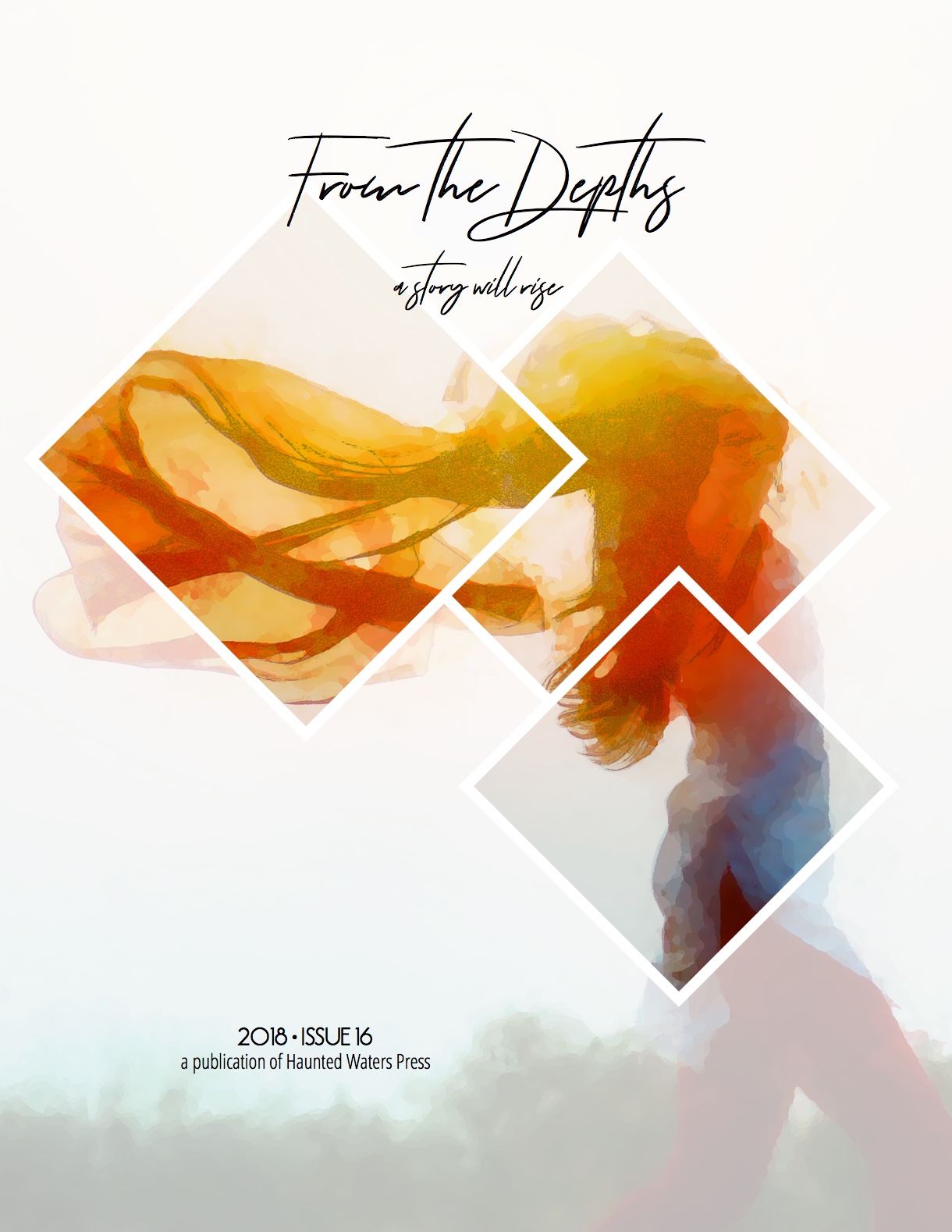What inspired you to write this particular piece?
I had become immersed in Taylor Mali's writing voice from an intentional, long exposure to The Whetting Stone. His work was really educating me on the ways in which our most profound experiences are properly translated into poetry.
As this was happening internally, my eyes lingered on a news blog while scrolling the daily feed. It was a piece about the sudden and mysterious death of 200,000 endangered antelope. Research later revealed that the culprit was climate change. The environment where they began to thrive, suddenly became fatal when things invisible, like harmless bacteria, begin multiplying and mutating. It occurred to me that this story was the perfect analogy of good relationship gone bad.
What fuels your writing? Where do you typically find your ideas and inspiration?
A Christian contemplative, I find my ideas and inspiration in all the places you shouldn't for good poetry: the rhetorical and reflective. I draw heavily from a Masters degree in Spiritual Formation contrasted with my life as a Tank Commander during a Desert War and one among many who have endured abuse across the years.
I asked myself whatever became of the Hemingway wannabe with the semicolon fetish. I haven't found him yet, but I think I am getting closer.
—Richard Alan Hadley
Is there a particular environment that stimulates your creativity? Do you have any writing routines or rituals that you practice?
There is nothing better for writing than a fresh cup of chocolate tea in a small room in the early morning hours.
What is your writing kryptonite?
When I have the words but not the time, or have the time but don't have the words.
How long have you been writing? Was there a defining moment that led you down this path or a person who encouraged or helped shape you as a writer?
I began writing in junior high. My English teacher told me I had a writing style like Hemingway. She also exhausted herself trying to teach me the proper way to use a semicolon. Today, I'm still not sure she was right about either one. I was a prolific writer from that time all through high school. I never wrote anything great but I wrote a lot.
Recently, I was going through my old things and found a box of old poetry-- and a first place trophy for an essay contest. I asked myself whatever became of the Hemingway wannabe with the semicolon fetish. I haven't found him yet, but I think I am getting closer.
Are there any authors who have influenced your writing?
Hemingway was a poet who got away with novelization. Among the storytellers there is J.R.R. Tolkien and Piers Anthony. The poet gods where I burn incense are: Robert Frost and Robert Hayden; Langston Hughes and William Carlos Williams.
What are you reading right now?
The Hero with a Thousand Faces by Joseph Campbell
What other forms and genres do you enjoy writing?
I love writing short stories. Ghostwriting is fun because of the challenge to write using someone else's voice.
Of your other published works, do you have a personal favorite you would like to share with our readers? Where can we find it?
Bad Day is a work of poetry that I composed as a reflection piece. As a healthcare chaplain we often explore new ways to help others decompress from critical incidents and trauma. This is a narrative poem that reveals the healing that comes through intentional processing of an event. It can be found at my old poetry blog. (Originally published in the Journal of Pastoral Care & Counseling, Vol 71, Issue 2.)
What’s next? Do you have any writing projects on the horizon?
In October, Foundry Press is releasing Uncommon Virtues. This book explores the lives of seven women who shaped the philosophy and theology of early Christianity. My contribution to the book are fictional vignettes taken from life experiences of these women and spiritual formation exercises.

About the Author
Richard Alan Hadley is an Army Veteran and writer from the Midwest where he lives with his wife and occasionally one of his three adult children. He earned a Masters in both Divinity and Healthcare Ethics. When not working as a board certified chaplain, he is a ghostwriter and aspiring poet who dabbles in short story writing.
Share this Post


